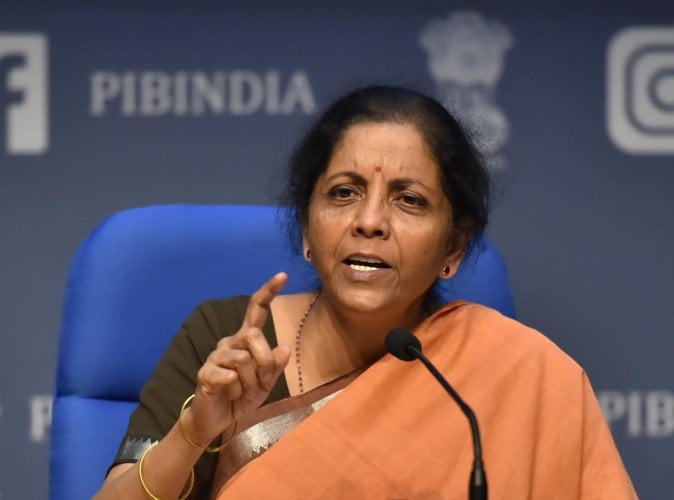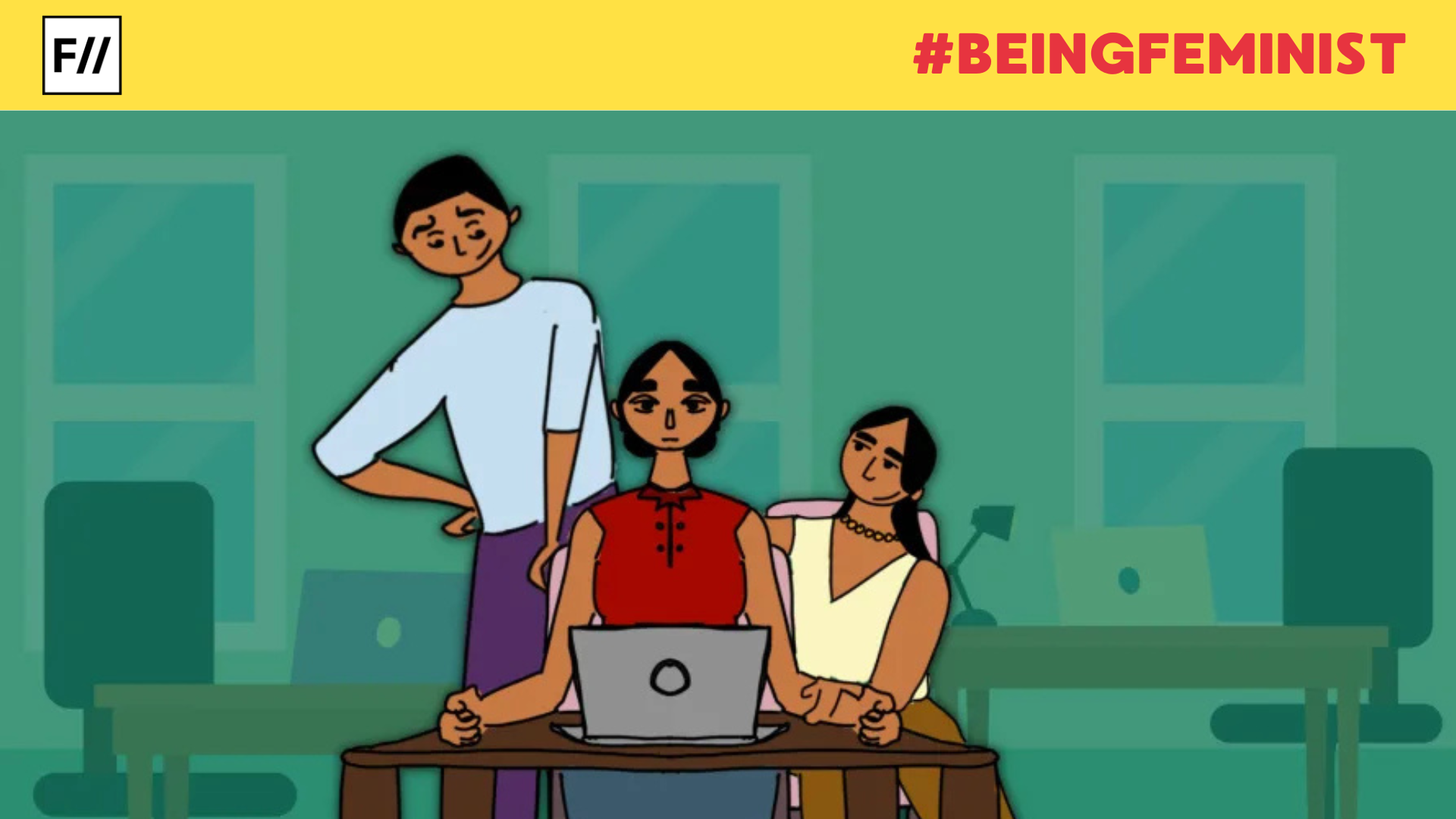The economic crisis that has hit the country at the advent of the novel Covid-19 has been a point in question. Although quarantine or ‘social isolation’ as it is termed has pushed back people indoors, but it has marked a blow on the daily wage workers and all those people living with limited means. The situation of physical health and monetary health of a large chunk of population have been facing the result of the contradictory version of the medical emergency that has hit the globe.
However, for a country like India which shelters a population that has huge differences monetarily, is hit harder. For a section of the people the lock down has been a privilege to stay indoors, still contributing to the economy through their work while for people belonging to the poorer section arranging for three basic meals have been a matter of concern, leave alone availing the health care facilities.
All those people surviving on daily wages have been complaining that there is hardly any work that is available at hand. Contractors or employers who hire them on a regular basis have stopped hiring people. As a result, in many cases where their families have solely depended on daily wage earning have been adversely affected. From many of the labour chowks of Guwahati people are reported to have facing hassles to the extent that they do not even have money to treat their ailments.
As it is a dusty season of the year in India, this transition period normally witnesses greater incidences of diseases like common cold and flu, fever and diarrhoea. The hospitals are thronged with patients suffering from these ailments. But at this juncture, where the country is hit by pandemic like Covid-19 and additionally due to the prevalence of poorer health care facilities, a certain section of people are the worst affected.
FOR A SECTION OF THE PEOPLE THE LOCK DOWN HAS BEEN A PRIVILEGE TO STAY INDOORS, STILL CONTRIBUTING TO THE ECONOMY THROUGH THEIR WORK WHILE FOR PEOPLE BELONGING TO THE POORER SECTION ARRANGING FOR THREE BASIC MEALS HAVE BEEN A MATTER OF CONCERN, LEAVE ALONE AVAILING THE HEALTH CARE FACILITIES.
Work from home is the current mode of work and communication for all the structured institutions functioning in the country. However, all those workers who are functioning under the informal or unstructured form of labour their plight knows no bounds. As far as Assam is concerned, a huge number of workers who are employed in the informal sector migrate to Kerala for work but since the imposition of lock down these people had to flee their work station to come back to their home town back in Assam since the outbreak of Covid-19 has created a fear psychosis. The educated intelligentsia can rationalise and understand the underlying ramifications of the pandemic and but those people who became preys of deprivation and discrimination have failed to understand the possible outcomes and reasons of such an outbreak. They are simply indoctrinated by popular opinions and understanding of what is yet to come.
There has been an ebb even in the stock market which showed a global fall in the trading cycle. Now, in countries like U.S where the economy is being handled by undertaking mass layoffs and pay-cuts, whereas in India such policies of course will create a havoc. The economy of the country depends to a larger extent on the agrarian productivity and the manual labour. In such a situation, if the agriculture produces go unsold in the market, it is of course a bane for all those families who depend on that for their income.
Also read: COVID-19: Can A Health Crisis Become A Breeding Site For Gender Inequality?
In Assam, there are instances where agricultural produces have been left to rot since there is no market at this point where they can be sold out. Surprisingly, also the big business organisations in the country too have not been seen to have contributed towards the monetary emergency facing India. A wide spread anxiety among employees working with various multinational corporations and companies that laying off employees to compensate with the losses is imminent.
THE ECONOMY OF THE COUNTRY DEPENDS TO A LARGER EXTENT ON THE AGRARIAN PRODUCTIVITY AND THE MANUAL LABOUR. IN SUCH A SITUATION, IF THE AGRICULTURE PRODUCES GO UNSOLD IN THE MARKET, IT IS OF COURSE A BANE FOR ALL THOSE FAMILIES WHO DEPEND ON THAT FOR THEIR INCOME.
So, now the question is how a country facing hurdles from every end is going to cope-up with the upcoming crisis? Well, the answers are yet to be deciphered. The government has come up with some measures to help out migrant workers and also all those belonging to the poorer sections of the society but unless these are implemented in reality under stringent monitoring that can lessen laundering or squandering away of the resources, the commitments made will be sounding quite hollow.
All this in a way makes it quite conspicuous that our government has been inept in handling such an emergency both in terms of health care and also in terms of providing for the poor. Investment on and monitoring of health care facilities as well as funding the manual and agrarian base of the country should have been the initiative of the government on which the economy of the country is dependent to a larger extent.
Also read: How Air India Employees Are Facing Discrimination Since COVID-19
Initiative towards building infrastructures at a superficial level and construction of religious institutions has been the centre of their duties so far that led to nothing but escalating religious sentiments leading to communal tensions widely. In conclusion, all that can be said is in order to make the superstructure stout, resistant and long lasting, the base should be strengthened right at the inception else survival becomes a challenge to all possible extent.
Featured Image Source: Hindustan Times
About the author(s)
An enthusiastic writer, researcher and a learner....




